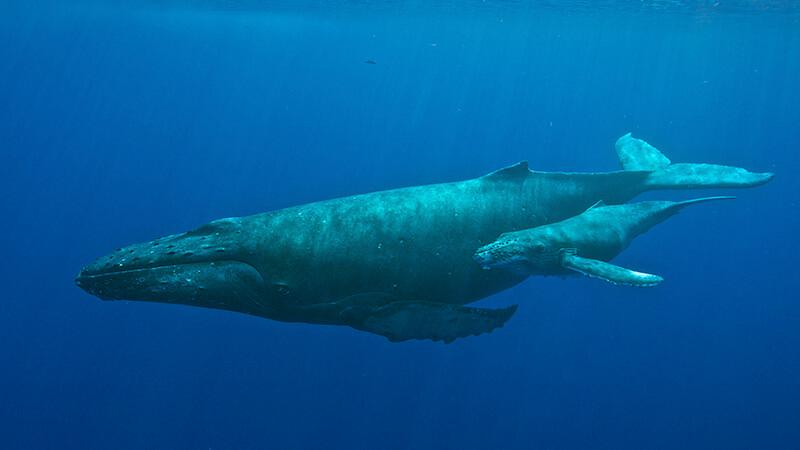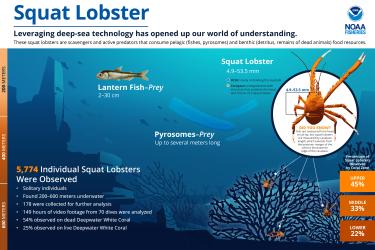On October 21, 2022, we celebrate 50 years of the landmark Marine Mammal Protection Act. The anniversary is a time to reflect on the science and conservation successes of the past 50 years, while looking towards the next 50 years and beyond. Marine mammals can be important barometers of the health of our coastal communities and oceans. They inform our understanding of how threats in the ocean environment may impact human health and welfare.
Fifty years ago, the American public responded to the threats faced by marine mammals and their habitats by calling for protective legislation:
- Marine mammal populations had been decimated globally by commercial whaling and sealing
- Dolphins were dying by the hundreds of thousands in the tropical Pacific tuna fishery
- Bounty programs were in place for seals and sea lions
Many species faced a myriad of other threats.
Against this backdrop, Congress passed a monumental, landmark piece of wildlife conservation legislation that protects all marine mammals: the Marine Mammal Protection Act. Signed into law on October 21, 1972, it was the first legislation worldwide to take an ecosystem-level approach to maintaining sustainable populations, recovering endangered and threatened species, and conserving marine mammals so they could thrive in their natural habitats. From ringed seals in the Arctic, to humpback whales in the tropics, and seals along our coasts, all marine mammals in U.S. waters are protected under the Marine Mammal Protection Act.
Since enacting the Marine Mammal Protection Act, several depleted marine mammal species have recovered. Importantly, no species in U.S. waters have been lost.
Under the Marine Mammal Protection Act, our knowledge of marine mammals has expanded immensely. New and innovative technology such as satellite tags, passive acoustics, and aerial and maritime uncrewed vehicles have helped us study these incredible animals up close and from afar. Such cutting-edge technologies provide critical insight into migration patterns, breeding cycles, and foraging practices. They also teach us how species may alter their behavior due to changing climate and as a result of other impacts from human activities including vessel strikes and entanglement in gear. Science and technology also give us better insight into the role of marine mammals in their ecosystems and the planet. We have advanced our ability to safely and effectively respond to entangled and stranded marine mammals along our coasts.
One of the biggest threats and challenges we face today and into the future is climate change, which was not recognized when the Act was passed 50 years ago. Climate change is having, and will continue to have, a profound effect on oceans and marine life, including almost all marine mammals. The impacts of climate change are intensifying locally, nationally, and globally. Environmental changes, including warming oceans, rising seas, increasing acidity, and increasing intensity of extreme weather events, are already occurring. They are impacting marine mammals and the ecosystems upon which they depend. For instance, the distribution patterns of many marine species are changing in response to these shifting oceanographic conditions.
Marine mammals are particularly vulnerable to the effects of climate change because these effects can be magnified toward the top of the food web, which includes whales, seals, and dolphins. We must continue to be proactive in our approach using robust science and management approaches to increase the adaptation and resilience of marine mammals.
Join me in celebrating 50 years of the Marine Mammal Protection Act! It is one of the most comprehensive environmental laws in the world, but we must all do our part to protect and conserve marine mammals.
Janet Coit
NOAA Fisheries Assistant Administrator




